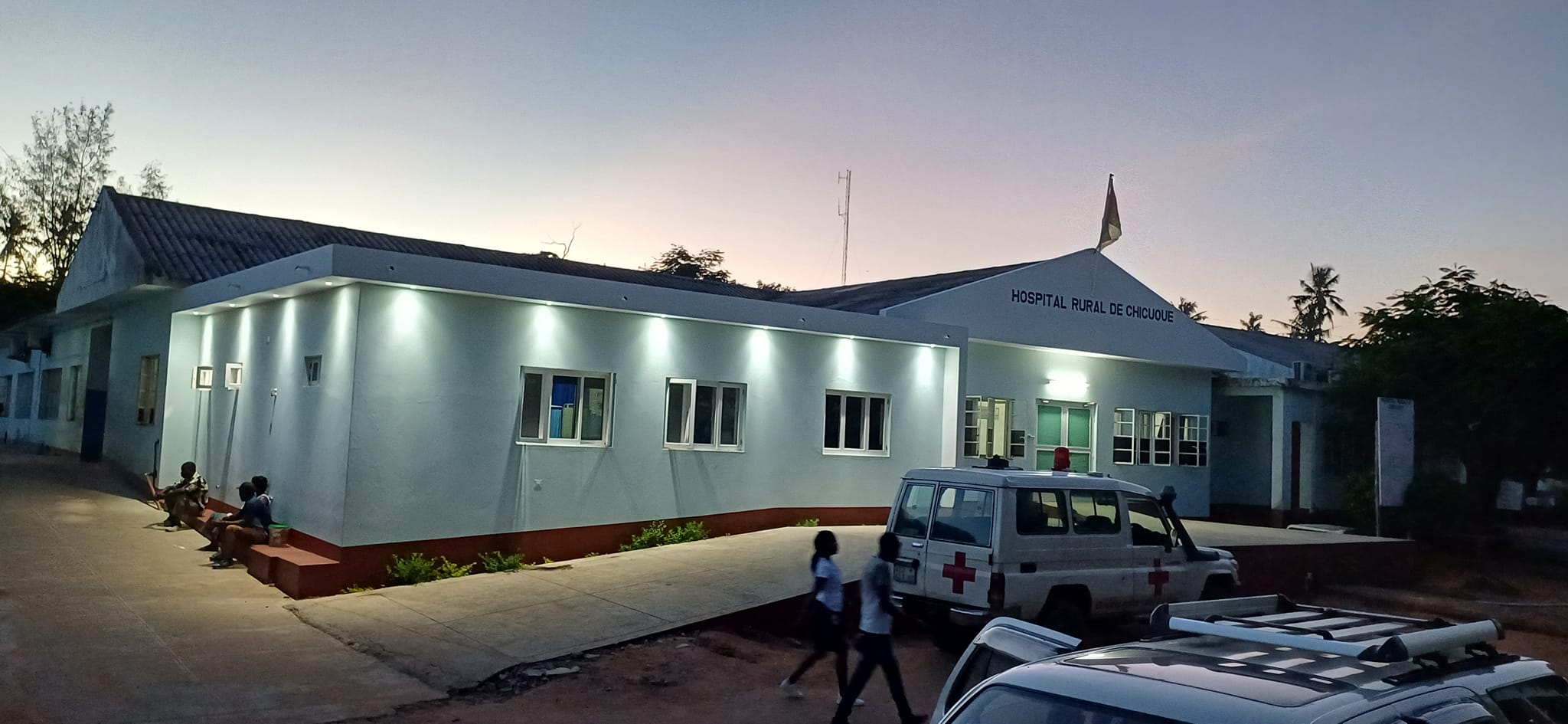Evangelization in urban areas

Evangelization in urban areas
- 2050
- 1203450
- 1205500
For historical reasons, most of the communities and parishes founded by the United Methodist Church since its arrival in Mozambique have been in Inhambane Province. The foundation of these communities has always been linked to improving the living conditions of the entire population around the communities, with education and health standing out.
The spaces where the chapels were built served as real centers of evangelization, religious education, civic-moral education and skills for children, young people and adults, with the aim of solving the spiritual and social problems that the members and society in general were going through. In some places, the creation of these centers preceded the construction of chapels for religious services. The Church promoted these activities in outlying areas inhabited by the native population. The cities were mostly inhabited by whites and assimilated people.
Our Church began and developed its religious activities among native speakers of the Bitonga and Xitswa languages for around 80 years. It was only in the 1960s that he began to develop religious activities in Mozambican towns and villages. The nuclei through which the United Methodist Church began its evangelical ministry in the cities were made up of people who mostly spoke the Xitswa language. This was the case in all the provincial capitals of Mozambique.
However, since the civil war, there has been a high growth in the urban population in all cities and towns, which has led to the emergence of many new expansion zones in suburban areas. The citizens living in these expansion zones come from different provinces, speaking different languages and with different cultural habits. In the vast areas of expansion, the United Methodist Church does not yet have a clear evangelization strategy.
There are still many unevangelized people in suburban areas and many young people are involved in drinking, drugs and crime.
The project aims to contribute to the Christianization of the population in suburban areas by developing religious and civic-moral activities and will involve the production of material, training evangelists and setting up education centers.
The activities to be implemented include:
– Produce an evangelization and discipleship manual and worship materials
– Hold 2 sessions with the Discipleship Board to improve evangelization materials and outline evangelization strategies.
– Hold 2 sessions with evangelists and clergy for training in evangelization strategies in urban areas
– Create 2 multi-purpose centers: (1 for Maputo in year 1 and 1 for Gaza in year 2) to provide basic religious and civic-moral education and raise awareness among young people about the harm of drug use and early pregnancies.
– Carry out 4 evangelization campaigns
Expected results during 24 months of project implementation:
– 60 evangelists and pastors will be trained in evangelization strategies for urban and suburban areas;
– 6 new communities were created in the new expansion zones in Maputo and Gaza provinces;
– 300 new IMUM members added in each year of the project’s implementation;
– Improved quality of life for young people who are degraded by drug use
To implement this project, 1,205,500.00 will be needed over two years and will be used as follows:
Material production – 42,000.00
Training and evangelization campaigns – 502,000.00
Administrative expenses and payment of staff – 586,500.00
